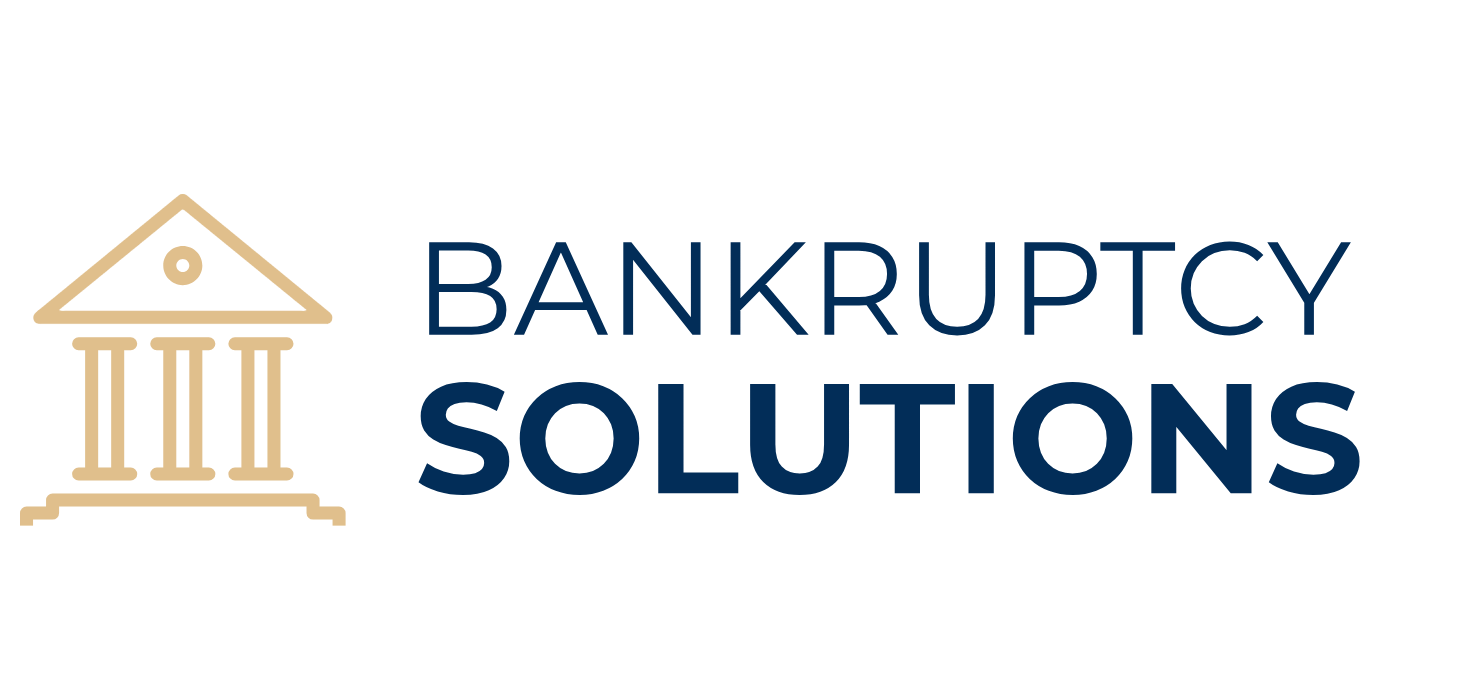What is Moral Bankruptcy?
Moral bankruptcy refers to a state where an individual or organization completely lacks ethical principles and integrity. Unlike financial bankruptcy, which deals with the inability to meet financial obligations, moral bankruptcy pertains to the failure to uphold moral standards and ethical behavior. It reflects a collapse of personal or organizational values, leading to actions that are dishonest, corrupt, or unethical.
Moral Bankruptcy Definition
Moral bankruptcy can be defined as the erosion or absence of ethical and moral principles in decision-making processes. It involves prioritizing personal or organizational gain over ethical considerations, often leading to harmful consequences for others. This concept underscores a significant deficiency in integrity, honesty, and moral responsibility.
Moral Bankruptcies Examples
- Corporate Scandals: Companies involved in fraudulent activities, such as Enron or WorldCom, exemplify moral bankruptcy. These corporations engaged in deceptive practices, falsifying financial statements, and misleading stakeholders for personal or corporate gain.
- Political Corruption: Politicians who engage in bribery, embezzlement, or abuse of power demonstrate moral bankruptcy. These actions undermine public trust and erode democratic institutions.
- Cheating Scandals in Academia: Academic institutions or individuals involved in cheating scandals, plagiarism, or falsifying research results are also examples of moral bankruptcy, compromising the integrity of educational and research systems.
Moral Bankruptcy Synonym
A synonym for moral bankruptcy is “ethical collapse.” This term similarly conveys a profound breakdown in moral standards and ethical behavior, indicating a severe deviation from accepted principles of right and wrong.
Moral Bankruptcy and Financial Bankruptcy
While moral bankruptcy and financial bankruptcy are distinct, they often intersect. Financial bankruptcy involves the inability to pay debts, whereas moral bankruptcy involves ethical failings. However, moral bankruptcy can lead to financial bankruptcy. For example, a company engaged in unethical practices may face legal penalties, loss of reputation, and eventual financial ruin.
Conversely, financial distress can sometimes precipitate moral bankruptcy, where individuals or organizations compromise their ethical standards in desperate attempts to alleviate financial woes. This interaction highlights the complex relationship between ethical conduct and financial stability.
Moral Bankruptcy Chapter 11
The term “Moral Bankruptcy Chapter 11” is metaphorically used to describe a process of restructuring one’s ethical framework, akin to how Chapter 11 bankruptcy in financial terms involves reorganization rather than liquidation. Just as Chapter 11 aims to help businesses regain financial health, a “moral bankruptcy Chapter 11” would imply efforts to restore ethical integrity and rehabilitate moral standards.
Steps to Address Moral Bankruptcy:
- Acknowledgment and Accountability: Recognizing unethical behavior and taking responsibility for it is the first step towards moral reorganization.
- Restoration of Integrity: Implementing policies and practices that promote transparency, honesty, and ethical conduct.
- Ethical Training and Education: Providing education and resources to individuals and organizations to reinforce ethical standards.
- Rebuilding Trust: Engaging with stakeholders, being transparent about past mistakes, and demonstrating a commitment to ethical behavior to rebuild trust.
Conclusion
Moral bankruptcy signifies a severe collapse in ethical standards, leading to actions that are dishonest, corrupt, or unethical. Understanding this concept is crucial in both personal and professional contexts to maintain integrity and trust. By recognizing examples of moral bankruptcy and understanding its implications, individuals and organizations can work towards fostering a culture of ethical behavior and accountability.

